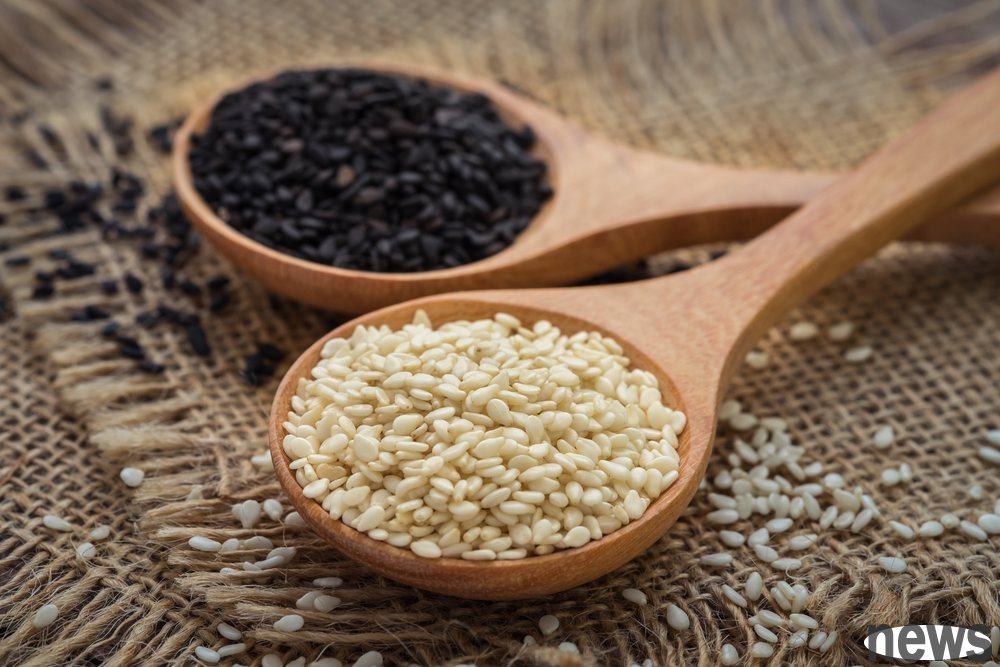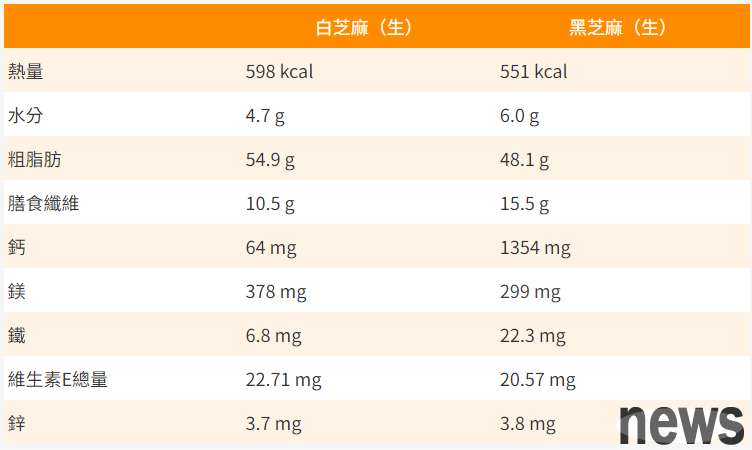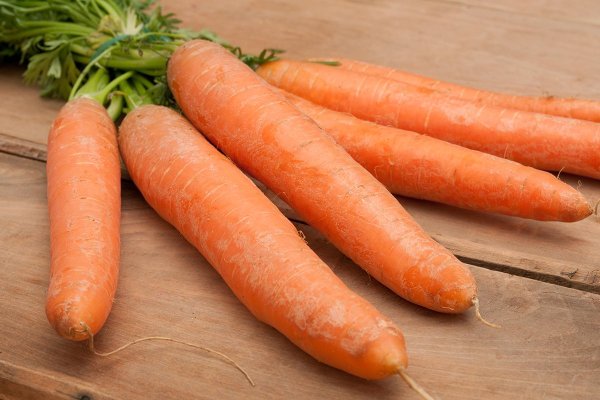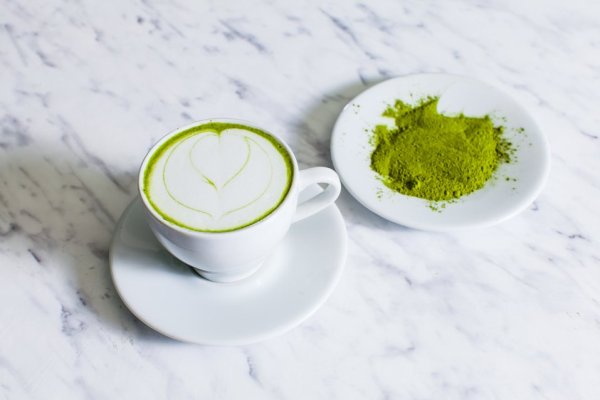Which type of black sesame seeds or white sesame seeds has a higher nutritional value? 11 types of sesame effects and consumption taboos at one time

Sesame is much better and is beneficial to skin, hair and bones. Taiwan is mainly based on Xigang District, Anding District, Shanhua District, Xiangjun District and Jiali District in Tainan City. It can be cultivated in spring and autumn every year. The cultivation surface is larger and the yield is larger. Sesame nutritious value is rich and is the first choice for many people. What are the differences in the nutritional value of white sesame and the two? Can you eat it every day? In one article, you can understand the effects, taboos and ways to eat white sesame seeds and black sesame seeds.
Sesame 11 major effectsSesame, also known as shisha, is a plant of the family quash family, and belongs to the fruit category. According to the data from the Agricultural Knowledge Portal, lipids and proteins are the main nutrients of sesame, of which lipids and proteins account for about 50%, and proteins account for about 20%. They are rich in dietary fiber, vitamin B group, vitamin E and calcium, deli, lactis and a variety of trace minerals, and have a high lignol content. The following are some advantages for sorting out sesame:
. Lowering tarts and triglycerides: Sesame contains 15% fat and fat, 41% poly-free fat and 39% single-free fat. Polygonal and fat and monoclonal and fat help reduce pyrosterol and reduce cardiac disease risks. In addition, sesame contains lignans and phytosterols, which can also help reduce pyrosterols.
. Lower blood pressure: Sesame seeds are rich in ozone, which helps lower blood pressure. In addition, sesame contains lignans, vitamin E and other antioxidants that may help prevent the aggregation of spots in the ventricular cavity, thereby maintaining stable blood pressure.
. Bone health: Sesame calves are rich in quality, especially black sesame seeds. Sufficient calves can help maintain bone health and prevent bone looseness. Moreover, sesame contains sesamein and has anti-inflammatory and antioxidant effects, which can protect soft bones and help relieve pain and inflammation.
. Blood sugar control: Sesame is low in carbohydrates and high in protein and healthy fats, which helps blood sugar control. In addition, sesame contains rosinol, an antioxidant polyphenol substance, can help regulate blood sugar by inhibiting digestive effects of the genus enzyme.
. Antioxidant: According to Cai Xiuwen, a nutritionist at Nantou Hospital of the Ministry of Health and Welfare, sesame seeds contain a variety of antioxidant polyphenols, including: sesamein, sesamein, sesamein, rosinol, etc., and are rich in vitamins, among which sesamein can reduce cardiovascular and cancer risks; vitamin E and B groups help the body resist oxidative pressure and regulate body reproduction.
. Protecting the immune system: Sesame is rich in a variety of nutrients that help maintain the immune system, including tin, selenium, copper, iron, vitamin B6 and vitamin E.
. Protecting thyroid glands: Sesame seeds contain rich selenium. The thyroid glands are one of the organs with the highest selenium concentration in the human body. Taking in sufficient amounts of selenium is helpful in preventing thyroid-related diseases.
. Maintain menopause hormone balance: Sesame contains phytoestrogen. When estrogen levels in women fall during menopause, phytoestrogen helps counteract other symptoms caused by hot water and low estrogen levels.
. Reduce hair loss and white hair: Sesame seeds are rich in iron, supra and vitamin E, which helps promote skin and new cervical threshing, helps improve hair quality erosion, and sesame seeds contain a variety of antioxidant elements, which is also helpful in reducing white hair.
. Improve constipation: Sesame is rich in dietary fiber and oil, which helps prevent constipation and maintain healthy kidney tracts.
. Prevent cancer: According to the Chinese Bone Marrow Transplantation Association, the plant-based polyphenol compounds contained in the epidermis of black sesame, such as blue and white, lignol and vitamin B1, can improve immunity and have antioxidant effects, inhibit the proliferation of cancer cells such as breast cancer and skin cancer, and at the same time enhance cell vitality and are not prone to cancer. The &beta of sesame is contained in sesame, and the components such as β-Hushu, vitamin C, vitamin E and selenium also have antioxidant effects, helping to protect normal cells from reactive oxygen species, thereby preventing the formation of breast cancer and brain cancer.
Comparison of the nutritional ingredients of white sesame and black sesameAccording to the Food and Drug Administration's Food Nutrition Ingredient Database, the nutritional ingredients of every 100 grams of white sesame and black sesame are shown in the following table:

(Table














